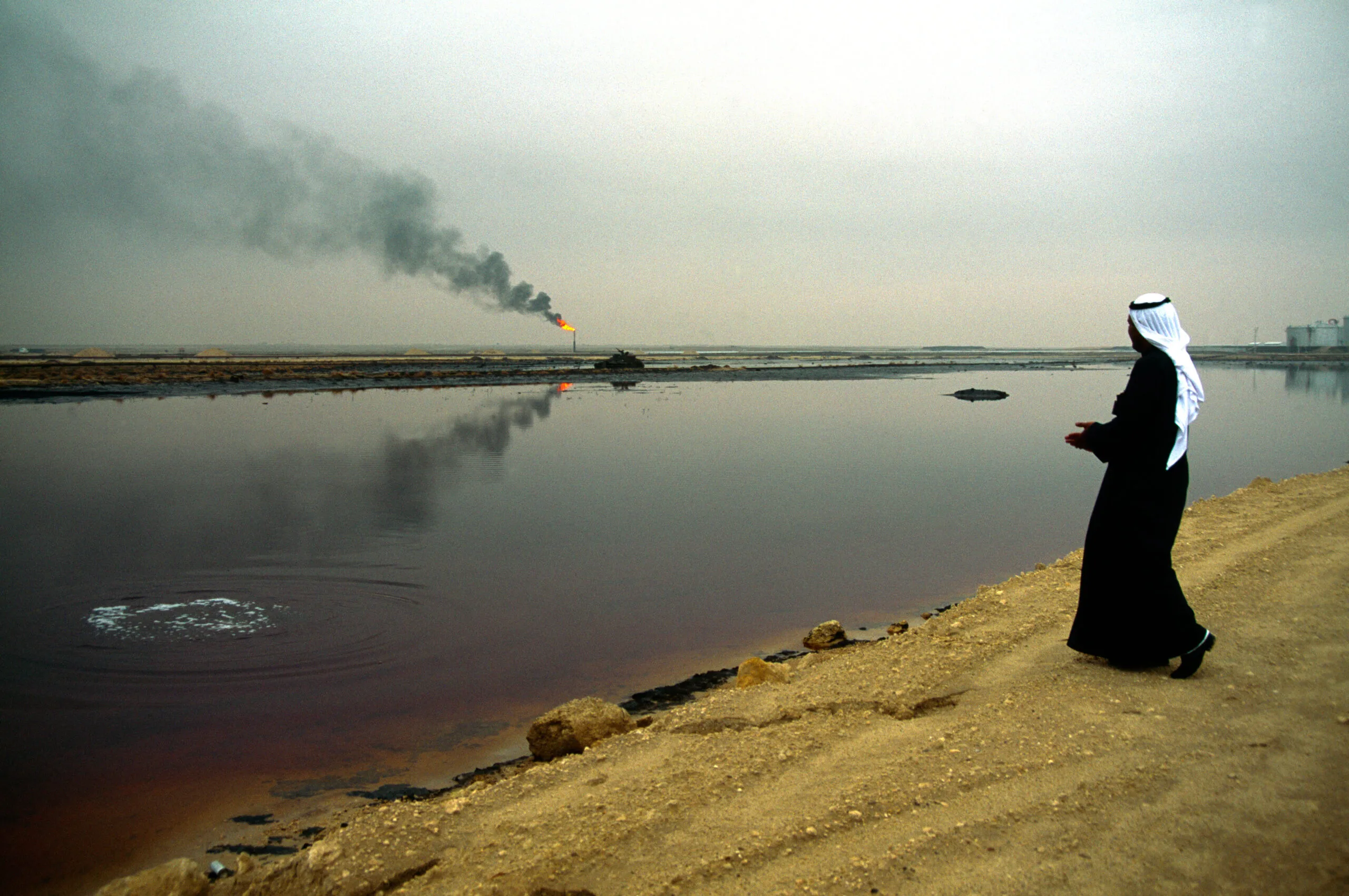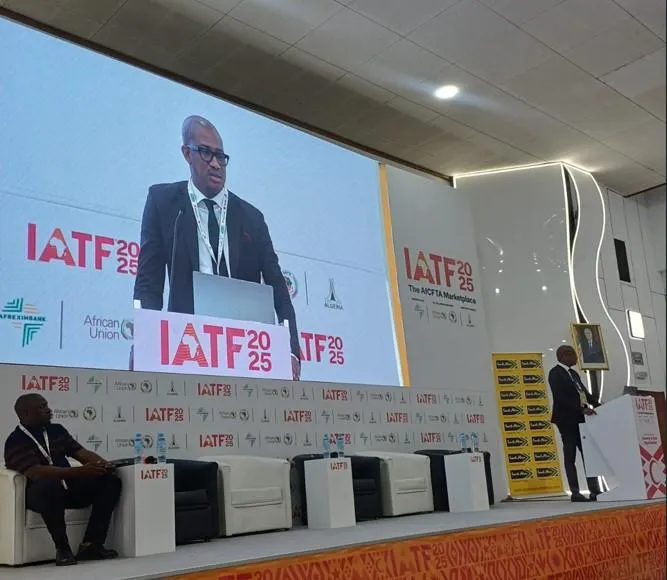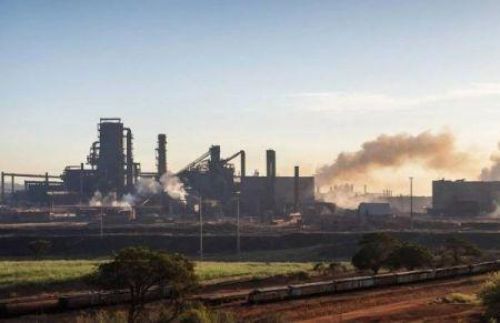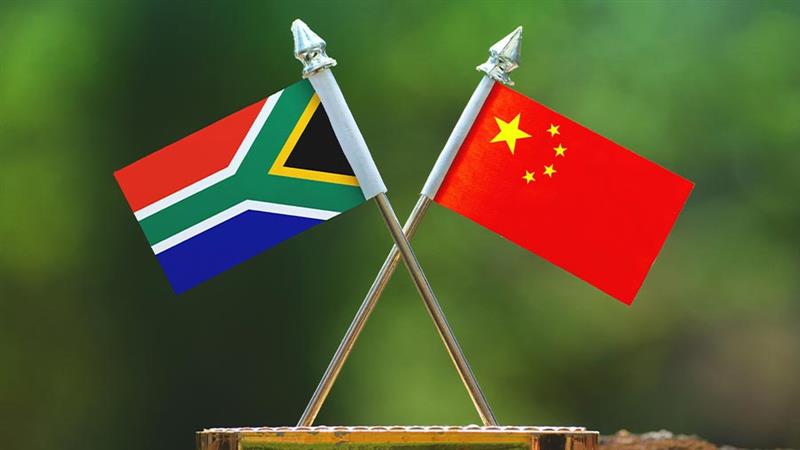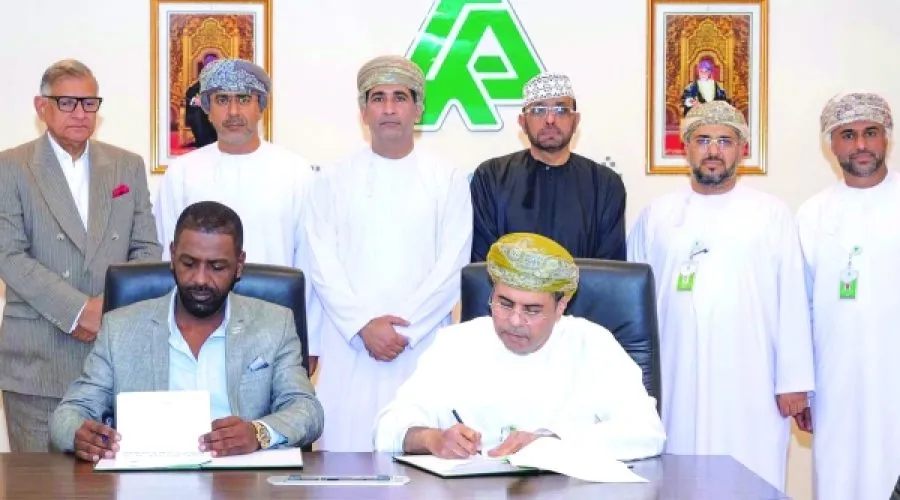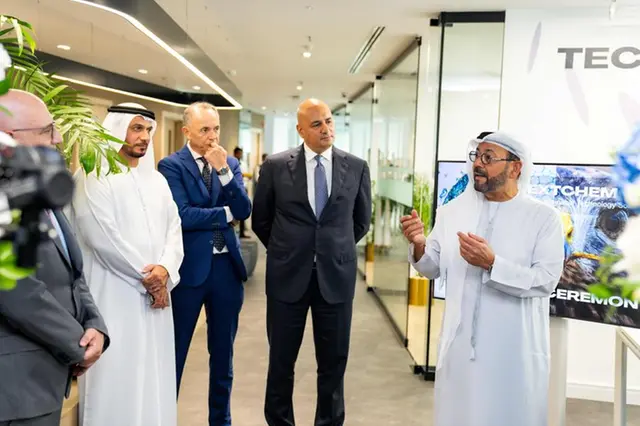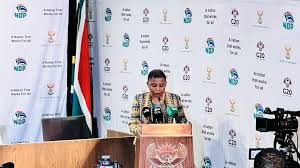Energy Other

Gulf offers relief for US oilfield services industry
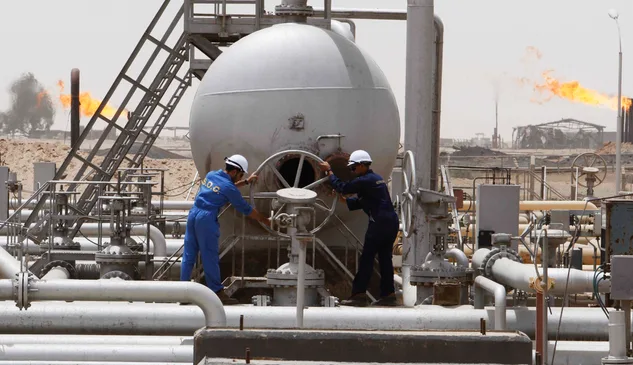
The Arabian Gulf is offering US oilfield services companies, the engineering backbone of the oil and gas business, a respite from global trade upheaval and energy market uncertainty, according to industry experts.
Such companies typically provide the equipment, technology and knowhow necessary to find, drill and produce oil and gas. They are also the go-to engineers in hydrogen and emerging technologies such as carbon capture and storage.
Energy Transfer, Halliburton, SLB, Baker Hughes and others act as subcontractors for majors such as Exxon, Shell and TotalEnergies, and for state-owned oil companies such as Abu Dhabi’s Adnoc. Demand for their services is growing as some majors such as Shell and BP move back into hydrocarbons and away from ESG priorities.
In the Middle East and North Africa the oilfield services market is projected to expand from more than $43 billion in 2024 to $69.5 billion in 2032. That’s a roughly 6 percent compound annual rate, according to research cited by Brian Pieri, US-based founder of consultancy Energy Rogue.
The industry is also expected to grow globally but at a slower 3.4 percent, the research, from analysts VMR, said.
The outlook is clouded by US President Donald Trump’s tariff wars, which are affecting hydrocarbon demand worldwide. Oil prices – the major determinant of whether upstream projects are viable – are hovering in the low-to-mid-$60s per barrel amid Opec+’s unwinding of two-year-old output cuts.
The Trump factor is already impacting oilfield services in the US, Canada, Europe and Latin America, but not as much in the Gulf and Middle East, said Amr Wahby Mahmoud, head of Mena supply-chain research at Rystad Energy.
Production costs in the region remain among the lowest in the world and producers are better equipped to navigate price swings.
“From my perspective, the Middle East is almost like the cushion that doesn’t get affected by these global Opec cuts or surges,” Mahmoud said.
Baker Hughes’ latest count of active rigs for September, out earlier this month, had 739 onshore and offshore units up and running across North America. This was 69 fewer than the same time last year. The count is used as a predictor of oil and gas supply prospects.
In August, the US Energy Information Administration (EIA) reported the lowest level of crude oil and natural gas rotary rigs in operation in the US in nearly four years.
Upstream investments
The picture in the Middle East is mixed. Active rigs in the region stood at 511 in September, Baker Hughes found, up 10 from August but down 35 from a year earlier.
Pieri attributed the Middle East’s lead to upstream investments worth nearly $25 billion that have already been committed from 2021 to 2025, and national oil companies’ budgetary strength.
“We’re seeing a pivot from crude to gas and petrochemicals,” Pieri said, citing expansions at projects such as Saudi Arabia’s Jafurah and Master Gas System, and Qatar’s North Field.
He said these will drive demand for compressors, pipeline services and digital automation, areas in which the oilfield services companies specialise: “Carbon capture and hydrogen are also moving from concept to reality as governments announce pilot hubs.”
Developments in renewable energy could land US oilfield services companies new contracts for infrastructure, monitoring and automation, Pieri said. In the long run, the emergence of local players could present the big US companies with tougher competition, he believes.
Most observers think overall engineering activity will stay steady as Opec+ gradually restores production and gas projects ramp up, he said.
But “more aggressive national industrial policies could encourage [national oil companies] to rely increasingly on locally owned service providers”, he said, predicting a possible rise of regional champions.
Competition is also coming from Chinese entrants in the region, according to Rystad Energy’s Mahmoud.
“A lot of Chinese competitors are coming into other countries, especially countries that have challenges in hiring leading-edge American companies,” he said, citing Iraq, Kuwait and Egypt.



